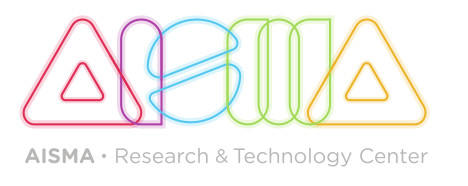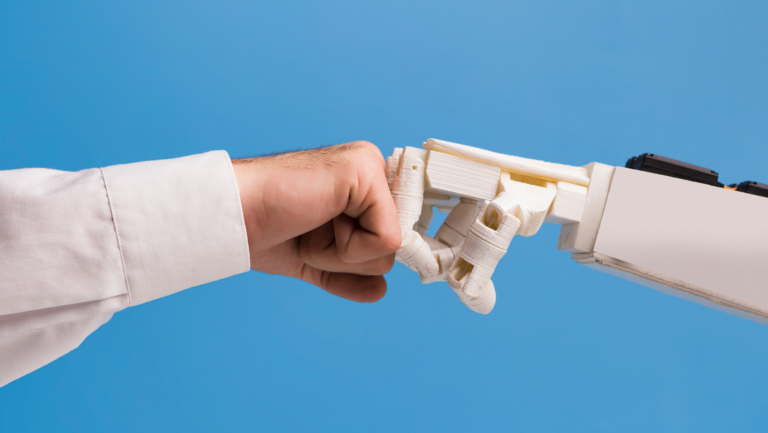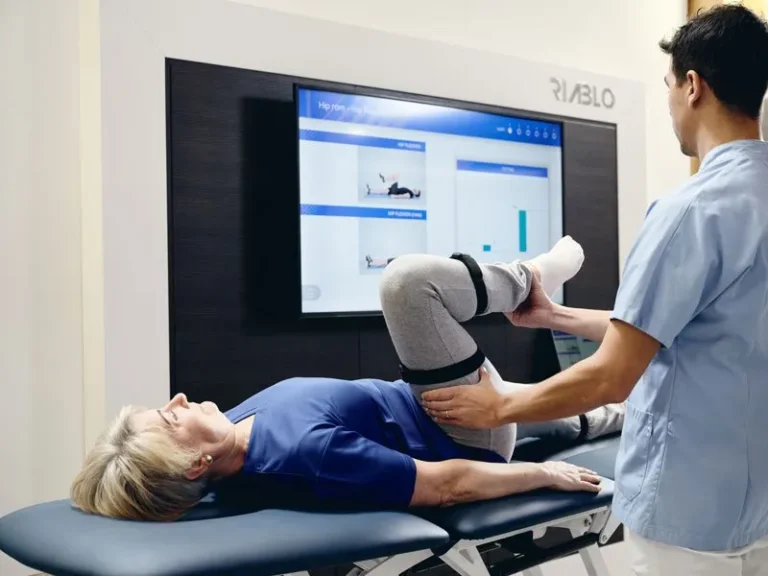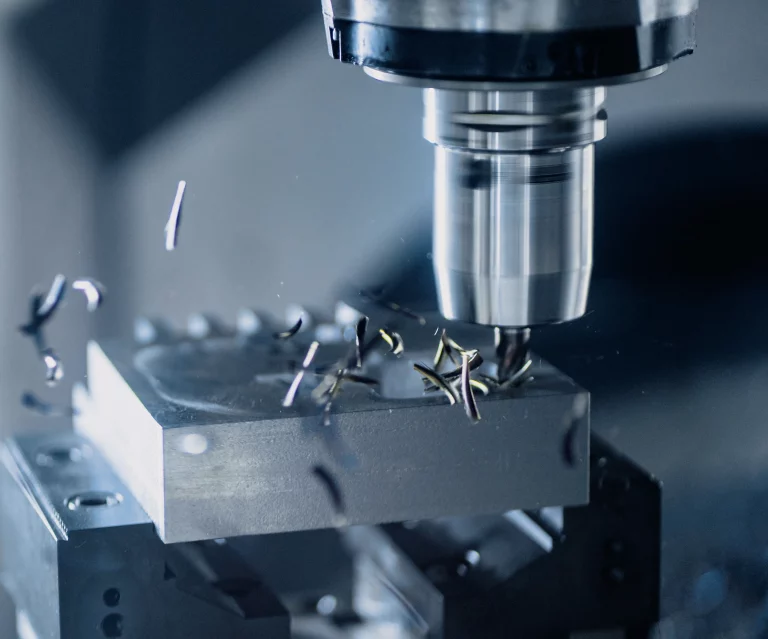The manufacturing industry has always been at the forefront of technological developments and innovation. The combination of artificial intelligence (AI) and EU funding is currently transforming the manufacturing sector. Manufacturers may use AI to streamline operations, boost productivity, and achieve new levels of efficiency. In this blog article, we will look at the important role of AI in the manufacturing industry, which is being backed by EU money, and how it is transforming old processes.
Predictive Maintenance:
Predictive maintenance is one of the primary areas where AI is altering the industry. Manufacturers may use machine learning algorithms to forecast when equipment will fail and arrange maintenance ahead of time, lowering downtime and costs. Manufacturers can invest in AI technology and develop predictive maintenance systems adapted to their individual production lines with the help of EU subsidies, resulting in enhanced operational efficiency and increased equipment lifespan.
Quality Control:
In the manufacturing industry, ensuring consistent product quality is critical. Artificial intelligence-powered quality control systems allow firms to discover defects and anomalies in real time, preventing faulty items from reaching consumers. EU funding enable manufacturers to invest in AI-based quality control technology such as computer vision systems, automated inspection tools, and anomaly detection algorithms. These improvements enhance product quality while also reducing waste and rework, resulting in significant cost savings.
Supply Chain Optimization:
Manufacturers must manage their supply chains effectively in order to meet client needs and preserve a competitive advantage. To optimize inventory levels, streamline logistics, and increase demand forecasting accuracy, AI systems can examine massive volumes of data, including past sales, market trends, and supplier performance. Manufacturers can use EU funds to adopt AI-driven supply chain optimization solutions, resulting in lower costs, fewer stockouts, and enhanced overall supply chain efficiency.
Production Automation:
Automation in manufacturing has long been a cornerstone, but AI elevates it to new heights. AI-powered robots and autonomous systems are capable of performing difficult tasks with accuracy and adaptability. Manufacturers can invest in AI-based automation technologies such as collaborative robots (cobots) and smart assembly lines with EU funds to improve production efficiency, increase throughput, and cut labor costs. Companies may attain higher levels of efficiency and remain competitive in a continually changing market by incorporating AI into their production processes.
With the integration of AI technology and the help of EU subsidies, the industrial industry is undergoing a fundamental revolution. Predictive maintenance, quality control, supply chain optimization, and industrial automation are just a few of the applications of AI. EU financial programs are critical in enabling manufacturers to embrace AI and realize its potential benefits. As AI evolves, manufacturers who embrace it with the help of EU subsidies will be well-positioned to succeed in the future’s dynamic and competitive industrial scene.






